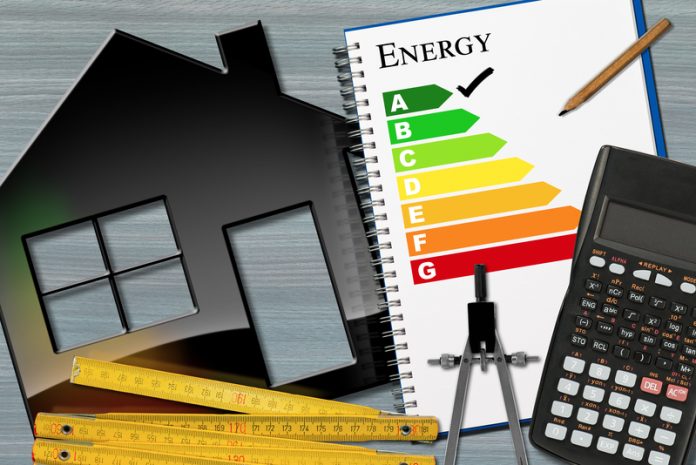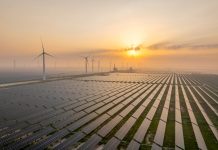There is global concern about the efficiency with which energy resources are used, especially in light of issues such as global warming. The UK government is joining with counterparts to focus on how this efficiency can be improved
According to energy efficiency experts at EPC For You, this focus has brought about a new concern for landlords. The Minimum Energy Efficiency Standards (MEES) which were introduced in April 2018, mean that landlords cannot rent out a property for the first time if it has an Energy Performance Certificate (EPC) rating of F or G. These are the lowest possible of seven rankings; A being the highest. The rules will be extended to include all currently rented properties from April 2020 (for residential properties) and April 2023 (for commercial properties). Any landlord simply cannot afford to have properties which are not energy efficient. The same applies to private homeowners, who rely on a good EPC rating when they come to sell their property.
Using renewable energy to secure a good EPC rating
Given that traditional fossil fuels are now scarce and inefficient, there is more emphasis on the use of renewable energy, across the world. There are several different sources of renewable energy that can be used including:
- Solar
- Wind
- Tidal
- Geothermic
The most common sources of renewable energy in the UK are the sun and the wind. Harnessing these resources can help a landlord or homeowner to improve energy efficiency levels in their property; thereby improving the EPC rating. The cost of having solar panels and wind turbines fitted may be relatively high, but as energy efficiency improves, energy bills reduce.
This is an obvious advantage to homeowners, who have more money to spend on other day to day living expenses. It’s also advantageous to landlords. Not only does renewable energy help them to meet their legal EPC requirements; it also makes their properties more appealing to renters,
Renewable energy in more detail
Most people have heard something about the benefits of renewable energy. In order to understand more about how this type of energy can improve an EPC, it helps to be aware of how the different types of renewable energy work.
- Solar thermal panels use the power of the sun to heat water.
- Photovoltaic panels take the power of the sun and turn it into electricity.
- Biomass fuel is obtained from sustainable crops.
- Ground source heat pumps remove the residual heat of the sun from within the ground.
- Wind turbines take the power of the wind and turn it into electricity.
- Hydropower machinery harnesses the power of water to generate electricity.
These forms of renewable energy can all be used to help improve energy efficiency and EPC ratings in commercial and domestic premises.
Individual dedication helping Government’s cause
The Government is so far at 5% of its 15% target when it comes to the amount of UK energy produced using renewable energy sources by 2020. It needs UK citizens to get behind efforts such as the MEES, to help it achieve the target and protect the environment of the country for future generations.
The target is certainly an achievable one, with sources at WWF-UK stating that the country is capable of obtaining most of its energy requirements by using sources of renewable energy. The organisation believes that around 90% of all UK energy can be produced using these sources by 2030.
The UK government is dedicated to achieving its energy efficiency targets, enabling it to join other governments in protecting the future of the planet. From an individual point of view, homeowners and landlords reap their own benefits from using renewable energy sources. After the initial investment, the cost of heating a property, and providing electricity, is reduced. These cost savings are important to anyone who is looking to release more money for other household expenses, as well as social activities.
Most importantly, renewable energy is clean and efficient. This means that each property owner who uses this form of energy plays their role in protecting the environment. This efficiency also means that renewable energy users can improve the EPC rating for their property. For landlords, this helps them to meet their legal responsibilities. For homeowners, who are legally required to have an EPC completed before they sell, this means that buyers are likely to be attracted by a high standard of energy efficiency.











